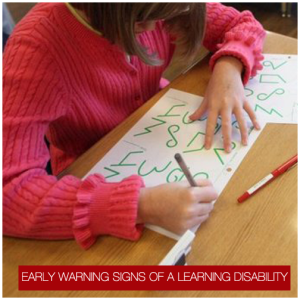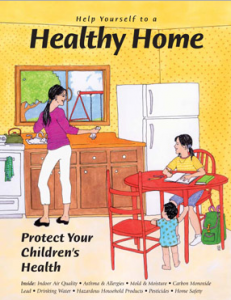 If your child has frequent bouts of allergies and colds, the culprit could be hiding right at home under the guise of mold, animal dander, dust mites and chemicals found in everyday products.
If your child has frequent bouts of allergies and colds, the culprit could be hiding right at home under the guise of mold, animal dander, dust mites and chemicals found in everyday products.
Here are 5 easy ways to reduce indoor pollution and lead a safe life.
Ventilate often: Ventilation is very important on today’s day and age where smog, airborne chemicals from perfumes and room fresheners can linger on irritating asthmatics. Closed doors and windows are also a free passage for mold and fungus to develop. Ventilation drives away humidity, in which molds and fungus thrive. Contrary to popular belief, cold air outside will actually do you good rather than staying in a stuffy room that doesn’t allow allergens and harmful chemicals to escape. If the day is hot, using an air conditioner is a wise idea.
Dust mite free life: Unfortunately, it is impossible to lead a dust mite free life unless you are living in a sterile environment. Dust mites are usually found in mattresses and pillows. To prevent them from making your bed their home, cover your mattress with a non permeable sheet. Usually, dusting is enough to get rid of 80% of dust mites, but it is not every day that we dust our mattresses. So an opaque cover on the mattresses works the best.
Keep humidity at bay: Humidity causes mold, fungus and attracts microorganisms to breed. Not only do these cause allergies but also serious infections that can go undetected and are difficult to diagnose once contracted. So make sure there is no mildew accumulating on your walls, bathrooms and cupboards. Ideally humidity should be maintained below 50%.
Pet dander peeves: Pet dander is omnipresent in a house with pets. But if your child is allergic to it, it is time to reconsider having a pet at all. If that isn’t an option, vacuum rugs, sofas, carpets and curtains regularly. Consider having a pet free room in the house where your child can have reprieve.
Gas stoves and asthma: Gas stoves or ovens emit NO2, Nitrogen Oxide that is dangerous to kids who already have asthma. Make sure your child isn’t spending too much time inside a kitchen, especially when there is little or no ventilation.
Household’s products and how they pollute
Household products come packed with disinfectants but do not guarantee against allergies. Perfumes and chemicals present in them can also trigger allergies. Choose fragrance free products that are hypoallergenic.
Indoor plants
Avoid indoor plants like water bamboo that accumulate stagnant water. It attracts mosquitoes and flies that cause dengue and malaria. Some indoor plants are known to reduce indoor pollution too. If you must have indoor plants, choose the ones are known to help clear air pollutants.

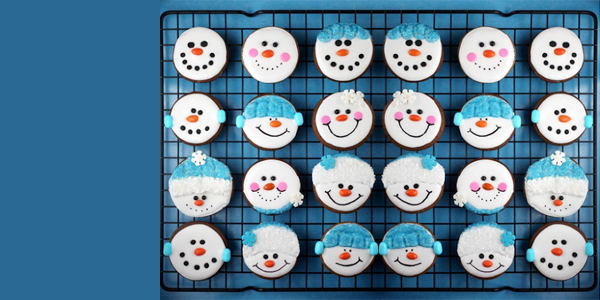

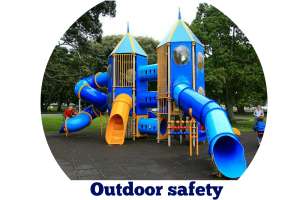

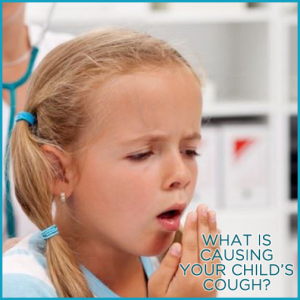 Cough and cold are the most common afflictions of children both young and old. Preschoolers suffer from coughs 3-8 times a year and older children up to 4 times. But there is a lot of confusion surrounding coughs and why they are caused. Here’s an article hoping to clear away some of those misconceptions and an easier (read less worrying) recovery.
Cough and cold are the most common afflictions of children both young and old. Preschoolers suffer from coughs 3-8 times a year and older children up to 4 times. But there is a lot of confusion surrounding coughs and why they are caused. Here’s an article hoping to clear away some of those misconceptions and an easier (read less worrying) recovery.